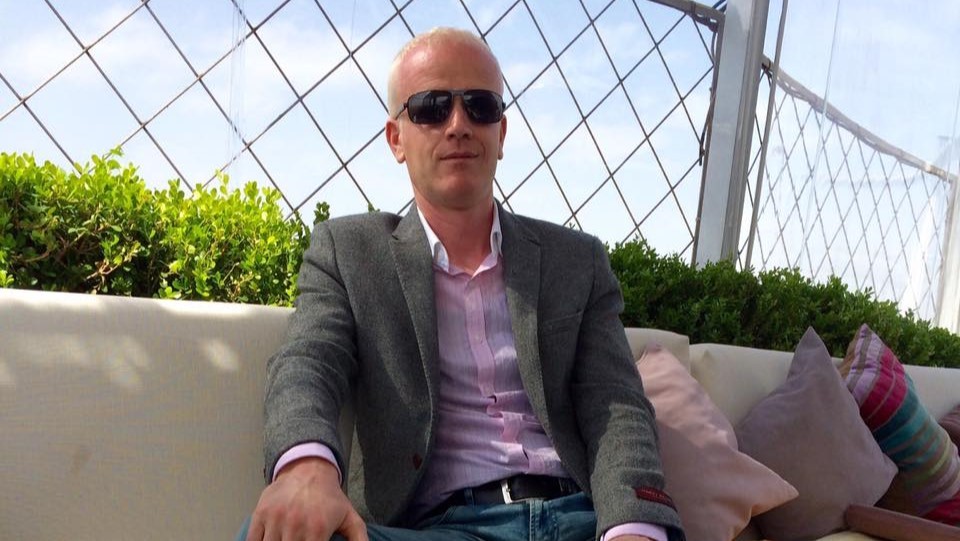
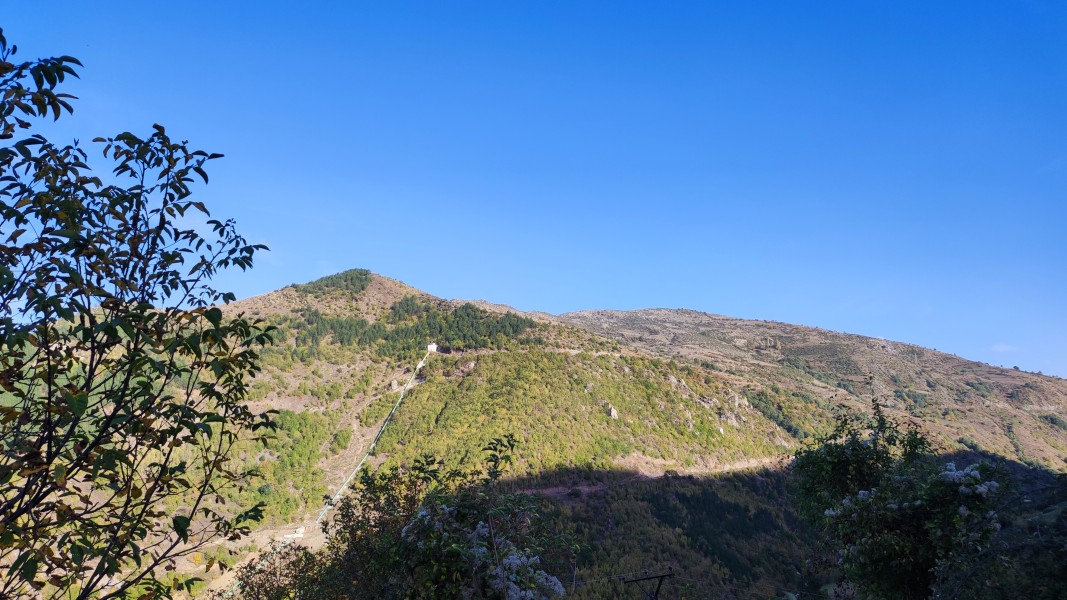
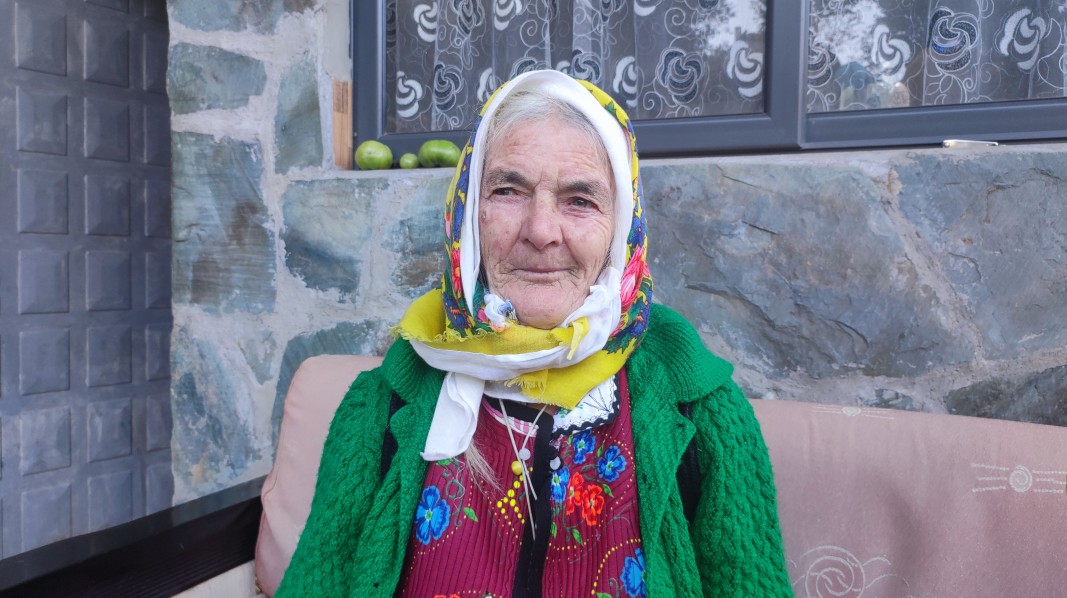
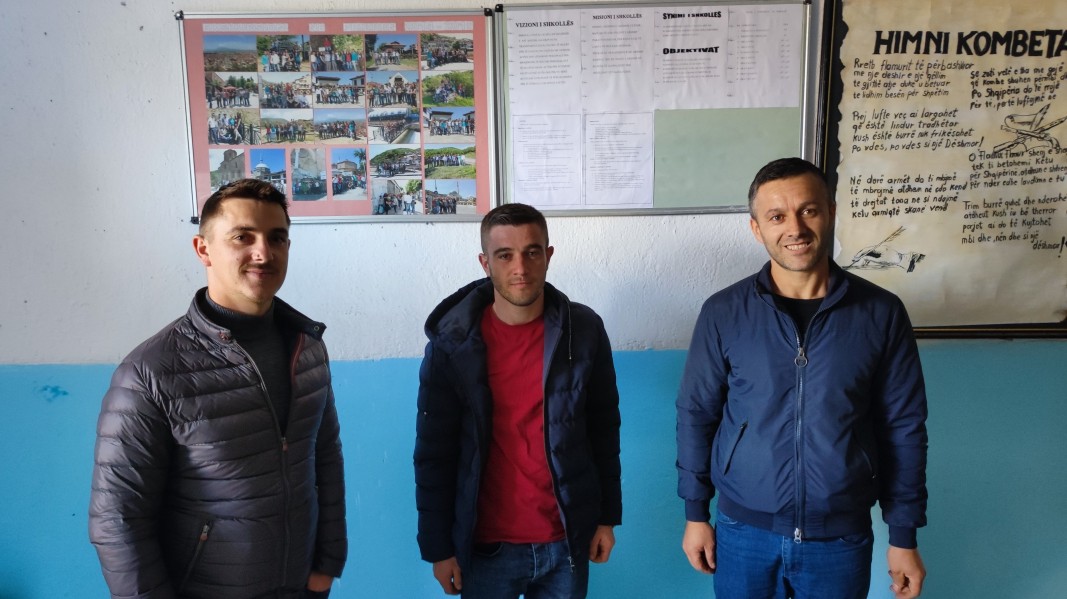
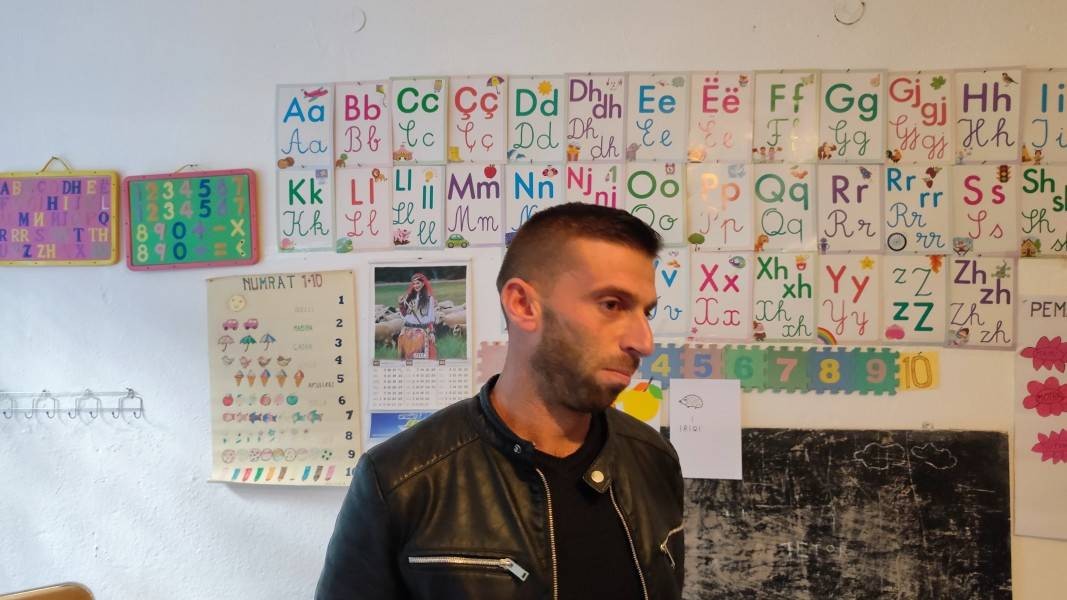
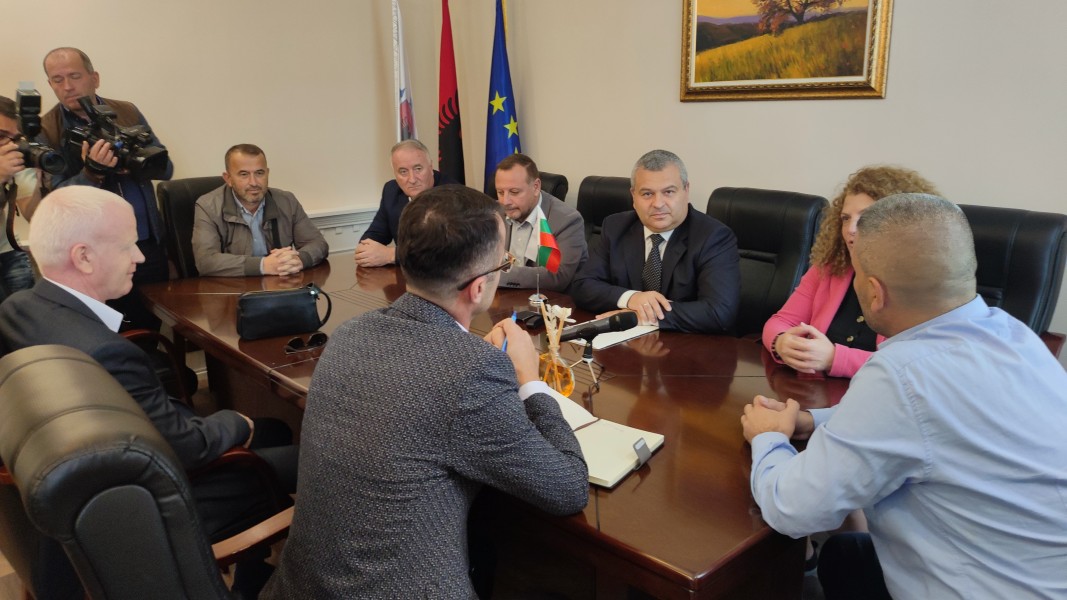
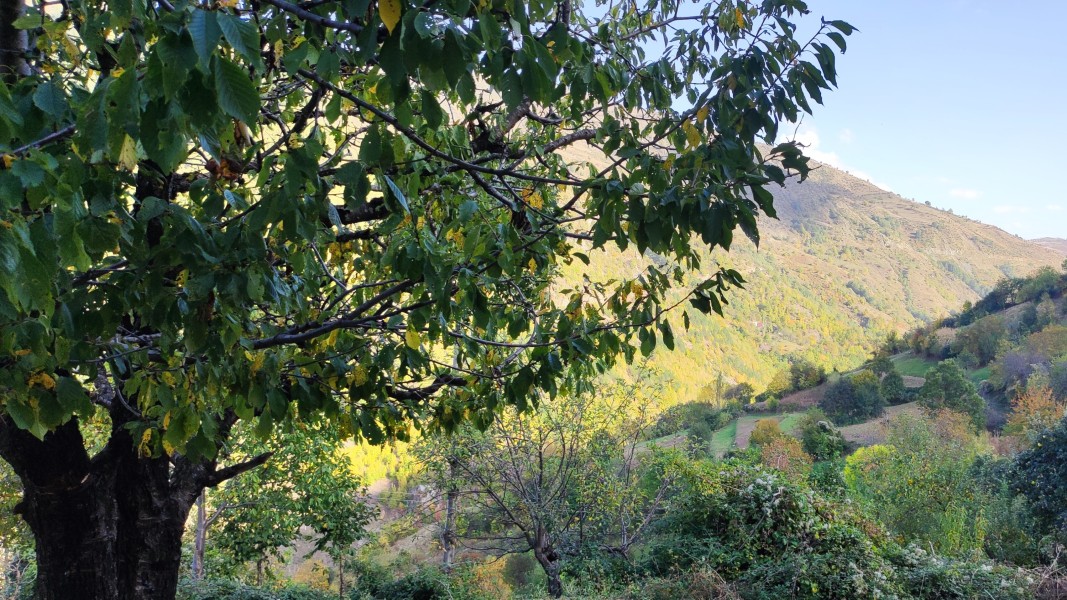
Krasimir Karailiev was born in Slovakia, but his ancestry is from Bulgaria. He is a descendant of Bulgarian gardeners, whose fame spread to a number of European countries towards the end of the 19th and in the first half of the 20th century. The memory..
Born at the end of 1989 in Sofia, he is a child of the transition period in Bulgaria. He grew up with kung fu movies and the mysticism of the Shaolin Monastery in China. His path passed through aikido training, The National Academy of..
Dimitar Dimitrov breeds goats, fruit trees, California worms and, until recently, horses. But now his greatest love is peacocks. In the village of Susam in the Haskovo region, he looks after 300 large and 200 small colourful birds of 26 varieties,..

+359 2 9336 661
